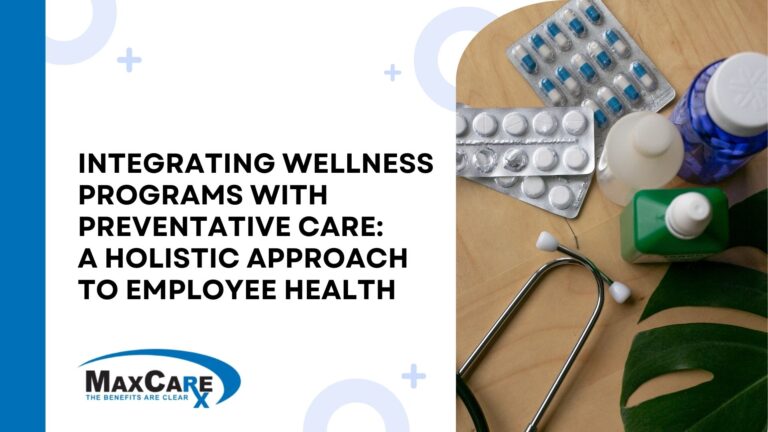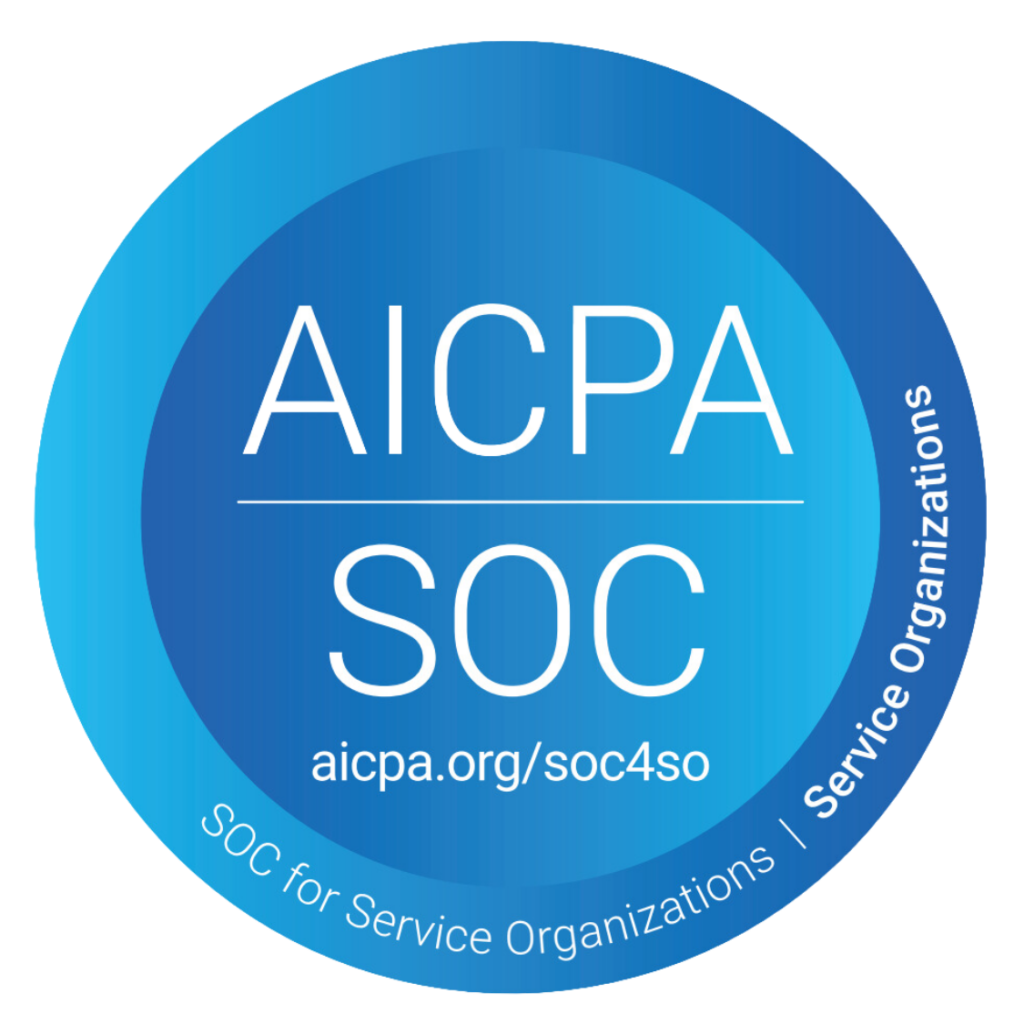Untreated mental health conditions can significantly impact an individual’s life, leading to decreased productivity, increased absenteeism, and diminished overall health. Statistics indicate that nearly one in five U.S. adults experiences mental illness each year, making it a prevalent concern in the workplace. Left unaddressed, these conditions not only affect the individual but also burden employers with increased healthcare costs and reduced work performance.
Role of Prescription Medications in Mental Health Treatment
Prescription medications represent a critical component of mental health treatment, often serving as a cornerstone in managing various conditions such as anxiety disorders, depression, bipolar disorder, schizophrenia, and more. While holistic approaches like therapy, lifestyle modifications, and robust support networks remain integral, medications frequently emerge as pivotal tools in stabilizing and managing symptoms.
Addressing Chemical Imbalances and Neurotransmitter Function
Many mental health conditions are associated with chemical imbalances in the brain or disruptions in neurotransmitter function. Prescription medications designed for mental health aim to address these imbalances, modulate neurotransmitter activity, or regulate the brain’s signaling pathways. For instance, antidepressants target neurotransmitters like serotonin, norepinephrine, and dopamine to alleviate symptoms of depression or anxiety.
Stabilizing Mood and Managing Symptoms
The primary goal of mental health medications is to stabilize mood, mitigate the intensity of symptoms, and promote a more balanced emotional state. For individuals grappling with bipolar disorder, mood stabilizers can help regulate extreme mood swings, reducing the frequency and severity of manic and depressive episodes.
Alleviating Anxiety and Reducing Panic Symptoms
Medications prescribed for anxiety disorders and panic attacks often fall under categories such as benzodiazepines or selective serotonin reuptake inhibitors (SSRIs). These medications work to ease anxiety symptoms, promote relaxation, and reduce the frequency or intensity of panic attacks, enabling individuals to function more effectively in their daily lives.
Managing Psychotic Symptoms
Conditions like schizophrenia often involve hallucinations, delusions, and impaired thinking. Antipsychotic medications help manage these symptoms by regulating dopamine levels in the brain, thereby mitigating hallucinations and improving cognitive function for individuals with these conditions.
Complementing Other Treatment Modalities
Medications complement other therapeutic interventions. They provide a foundation for individuals to engage more effectively in counseling, therapy sessions, and behavior modification programs. By stabilizing symptoms, medications can enable individuals to better participate in and derive more significant benefits from these therapies.
Personalized Treatment and Monitoring
It’s crucial to acknowledge that mental health treatment, including medication, is not one-size-fits-all. Physicians and mental health professionals often engage in a process of trial and error to determine the most effective medication and dosage for an individual. Regular monitoring and adjustments are essential to ensure efficacy, minimize side effects, and optimize the therapeutic benefits.
Enhancing Quality of Life
Ultimately, the integration of prescription medications into mental health treatment plans aims to enhance the overall quality of life for individuals experiencing mental health conditions. By alleviating symptoms, promoting stability, and facilitating better emotional regulation, these medications contribute significantly to enabling individuals to function optimally in their personal and professional lives.
Ensuring Accessibility and Education
Employers and PBMs play a pivotal role in ensuring that employees have access to a range of mental health medications through comprehensive health plans. Additionally, fostering education and awareness about mental health medications helps reduce stigma, encourages adherence to prescribed regimens, and promotes a more supportive environment for those undergoing treatment.
Ensuring Access to the Right Resources
Ensuring access to the right mental health resources, particularly prescription medications, stands as a pivotal aspect of supporting employees’ mental wellness within the workplace. Employers and Pharmacy Benefit Managers (PBMs) hold a critical responsibility in guaranteeing that their employees have access to affordable, comprehensive mental health coverage, encompassing a spectrum of resources essential for effective treatment.
Comprehensive Coverage in Health Plans
Employers and PBMs can significantly impact employees’ access to mental health resources by structuring health plans that prioritize comprehensive mental health coverage. This involves crafting policies that encompass a wide array of mental health services, including therapy, counseling, psychiatric consultations, and prescription medications.
Formulary Inclusion of Mental Health Medications
Formulary design plays a crucial role in ensuring access to mental health medications. Employers and PBMs can work on formularies that cover a broad spectrum of mental health medications, ensuring that these essential drugs are available and affordable for employees. This includes medications for various conditions such as depression, anxiety, bipolar disorder, schizophrenia, and others.
Eliminating Barriers to Access
To enhance accessibility, employers and PBMs must work towards eliminating barriers that impede employees from accessing mental health medications. This involves exploring strategies to reduce out-of-pocket costs for these medications, ensuring that co-pays or deductibles for mental health drugs are reasonable and affordable.
Collaborating with Healthcare Providers
Establishing partnerships with healthcare providers is crucial. Collaborating with mental health professionals and healthcare networks enables employers and PBMs to ensure that employees have access to a broad network of specialists who can prescribe and monitor mental health medications effectively.
Telemedicine and Remote Access
Employers and PBMs can explore innovative approaches like telemedicine for mental health consultations. Telemedicine offers a convenient and accessible platform for employees to connect with mental health professionals, obtain prescriptions, and receive ongoing care, especially in situations where physical access to healthcare providers might be limited.
Education and Support Programs
Implementing educational programs that inform employees about mental health resources available through their health plans can significantly enhance utilization. Additionally, establishing support programs within the workplace, such as Employee Assistance Programs (EAPs), provides a safe and confidential space for employees to seek guidance, information, and support regarding mental health issues and medications.
Emphasizing Confidentiality and Destigmatization
Creating an environment that prioritizes confidentiality and destigmatizes mental health concerns is crucial. Encouraging open dialogue and fostering a culture where seeking help for mental health issues, including accessing prescription medications, is encouraged and supported can help employees feel more comfortable seeking the resources they need.
Continuous Evaluation and Improvement
Regularly evaluating the effectiveness of mental health coverage and resources is essential. Employers and PBMs should continuously assess the utilization rates, employee feedback, and outcomes associated with mental health programs to make necessary adjustments and enhancements for better accessibility and efficacy.
Reducing Plan Spend and Boosting Productivity through Mental Health Support
Prioritizing mental health initiatives within the workplace not only serves to foster a supportive and compassionate work environment but also yields substantial advantages for employers. Companies that invest in mental health support strategies witness a range of tangible benefits that positively impact both their employees’ well-being and the company’s bottom line.
Reducing Healthcare Costs
Investing in mental health initiatives is a proactive measure that contributes to reducing healthcare costs associated with untreated mental health conditions. By offering comprehensive mental health coverage, including access to prescription medications, therapy, and counseling, employers can effectively address mental health issues at an early stage. This, in turn, can prevent more severe conditions from developing, leading to decreased healthcare utilization, fewer hospitalizations, and a reduction in overall healthcare expenditures.
Enhanced Productivity
Supporting employees’ mental wellness directly correlates with improved productivity in the workplace. When individuals receive adequate mental health support, including access to necessary medications, they are better equipped to manage their conditions effectively. As a result, they experience fewer disruptions in their work due to mental health issues, leading to increased focus, better decision-making, and higher levels of performance.
Heightened Morale and Engagement
A workplace that prioritizes mental health creates an environment where employees feel valued and supported. By offering resources that assist with mental wellness, such as access to medications and counseling, employers demonstrate a commitment to their employees’ overall well-being. This fosters a sense of trust, loyalty, and appreciation, thereby boosting morale and increasing employee engagement levels.
Reduced Absenteeism and Presenteeism
Investing in mental health initiatives can significantly reduce absenteeism and presenteeism—where employees are physically present but not fully engaged due to mental health issues. By providing support, including proper access to medications, employers enable employees to manage their conditions effectively, reducing the need for time off due to mental health-related issues and improving overall attendance.
Creating a Positive Work Culture
A workplace culture that prioritizes mental health not only attracts top talent but also retains employees. When individuals feel supported in their mental health journeys, they are more likely to remain with a company that demonstrates a genuine commitment to their well-being. This creates a positive reputation for the company, enhancing its ability to attract and retain skilled professionals.
Boosting Innovation and Creativity
Employees who feel mentally supported are more likely to feel motivated and inspired to contribute innovative ideas. A workplace that encourages open discussions about mental health and offers resources for support fosters an environment where creativity and problem-solving thrive.
Long-term Financial Benefits
While the initial investment in mental health initiatives may seem significant, the long-term financial benefits outweigh the costs. Reduced healthcare expenditures, increased productivity, and better employee retention contribute to substantial financial savings and enhanced organizational performance over time.
Treatment Options and Employer/PBM Support
Employers and PBMs can make a substantial difference by offering comprehensive mental health coverage that includes various treatment options. This can encompass not just medications but also therapy, counseling services, and employee assistance programs (EAPs). Additionally, exploring innovative approaches like telemedicine for mental health consultations and providing educational resources can further enhance employee access to care.
Community Pharmacies’ Role in Mental Wellness
Community pharmacies serve as accessible touchpoints for individuals seeking mental health support. They play a crucial role in providing medications, counseling on medication adherence, and collaborating with healthcare providers to ensure comprehensive care. Employers and PBMs can foster relationships with community pharmacies to facilitate streamlined access to medications and support services for employees.
Embracing Employee Mental Health with MaxCare
MaxCare, as a progressive Pharmacy Benefit Manager, understands the pivotal role of mental health support within the workplace and aligns seamlessly with employers’ goals to prioritize employee well-being.
Focused Mental Health Offerings
MaxCare collaborates closely with employers to tailor plan-specific offerings. This includes comprehensive coverage for a diverse array of mental health medications ensuring employees have access to the medications they need.
Accessibility and Affordability
MaxCare strives to make access to mental health medications easily accessible and cost-effective for employees. By providing competitive pricing for medications, MaxCare ensures that employees can obtain necessary prescriptions.
Cutting-edge Technology and Shared Analytics
MaxCare champions innovation through cutting-edge technology and shared data analytics. By leveraging these modern approaches, MaxCare facilitates collaboration to achieve plan specific goals and objectives.
Data-Driven Optimization
MaxCare utilizes data-driven insights to continuously evaluate and optimize plan utilization and spend. By analyzing utilization rates, tracking outcomes, and gathering feedback, MaxCare ensures that plans are aware and apprised of all aspects of plan performance, which includes a focus on plan-specific mental health needs.
Conclusion
Prioritizing mental health in the workplace is not just a moral imperative; it’s a strategic investment. By ensuring access to the right resources, including prescription medications, employers and PBMs can significantly improve employee well-being, reduce healthcare costs, and boost productivity. Supporting mental health initiatives demonstrates a commitment to employee wellness while fostering a more resilient and engaged workforce.



